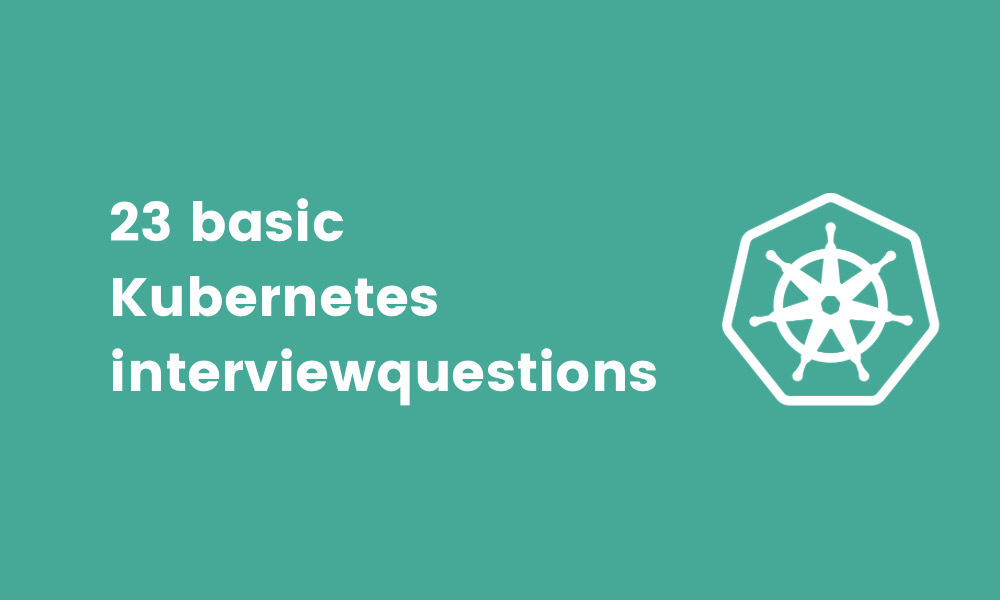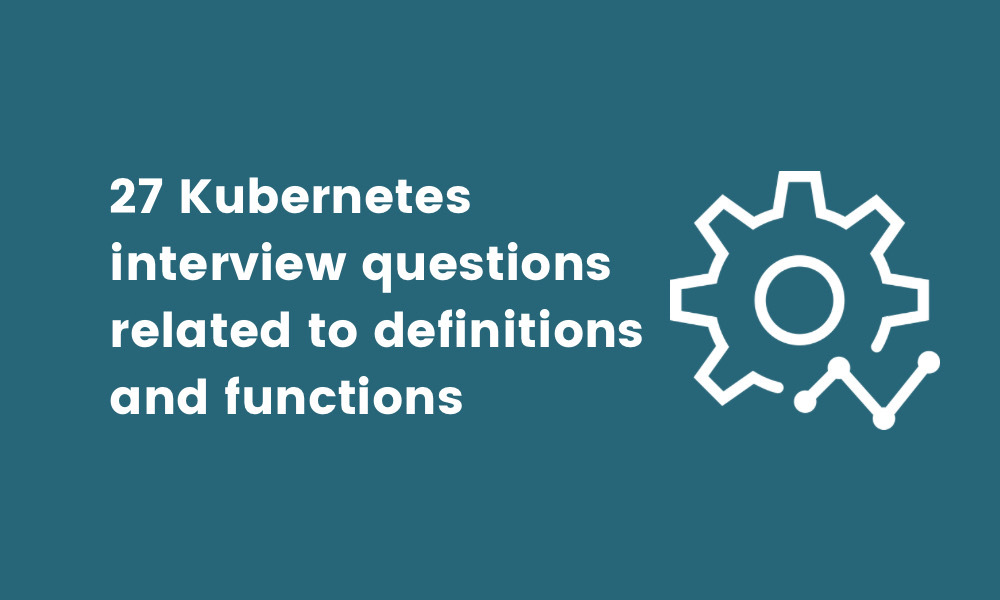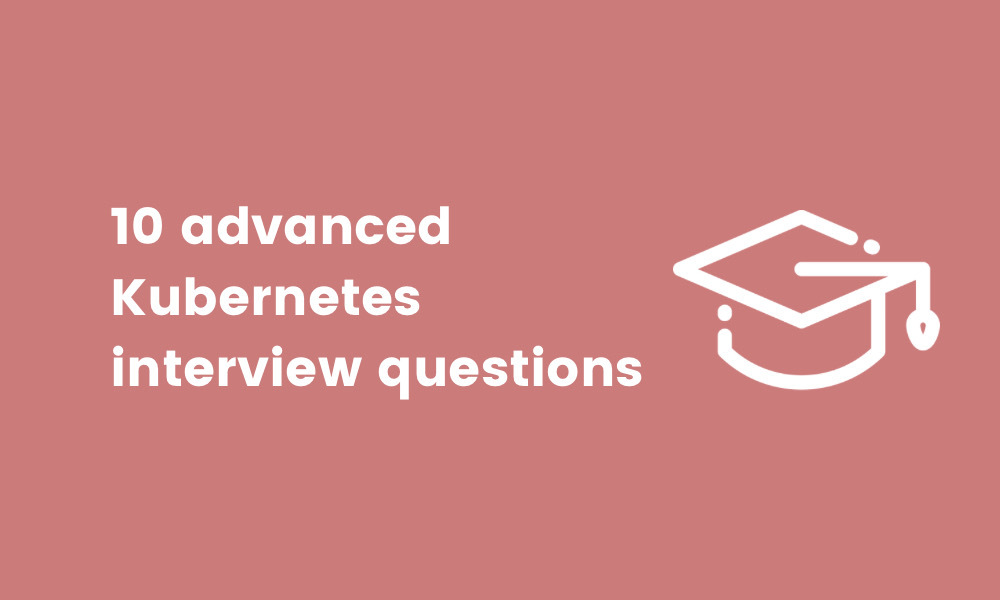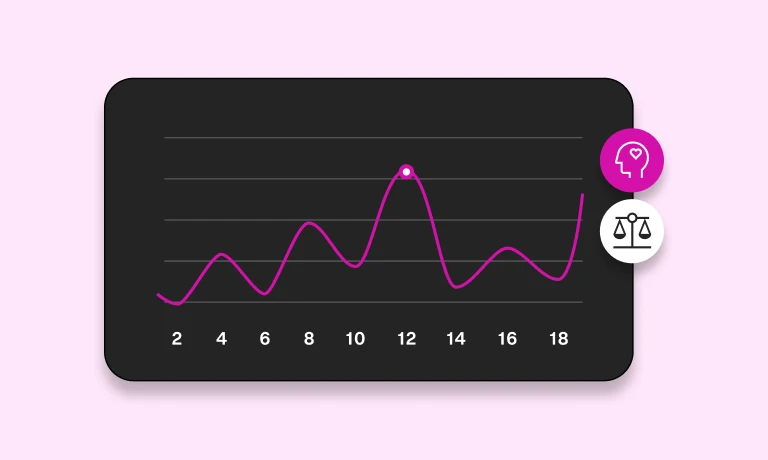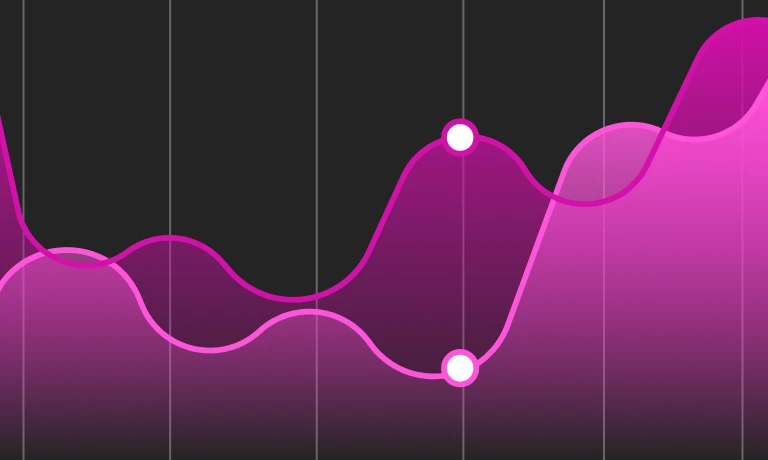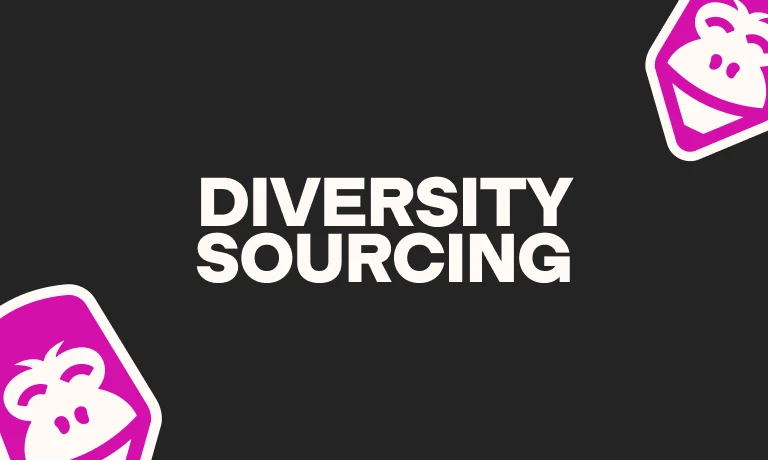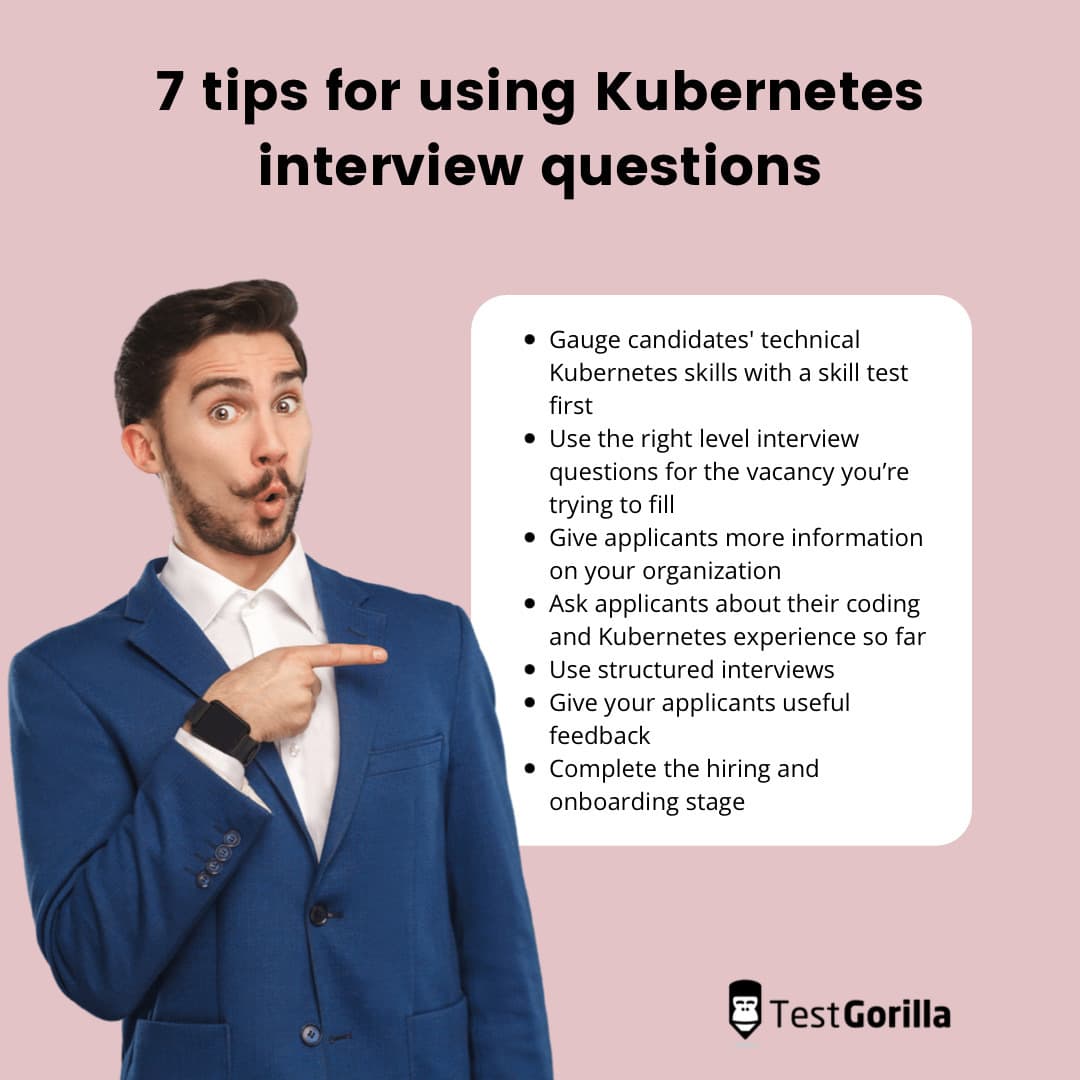Kubernetes is an open-source platform that makes the deployment and scaling of applications effortless. However, to use it efficiently, your organization needs the right talent – someone who thoroughly understands Kubernetes.
But what is the best way to hire a Kubernetes application developer with the right Kubernetes skills?
And how can you best choose between the applications to your Kubernetes engineer job description?
We have the answer you’ve been looking for: Use the 60 Kubernetes interview questions from this article to hire the right talent, after you do a preliminary selection with the help of a Kubernetes test.
Table of contents
- 23 basic Kubernetes interview questions
- 5 basic Kubernetes interview questions and answers
- 27 Kubernetes interview questions related to definitions and functions
- 5 Kubernetes interview questions and answers related to definitions
- 10 advanced Kubernetes interview questions
- 5 advanced Kubernetes interview questions and answers
- 7 tips for using Kubernetes interview questions
- Hire the best developer with the right Kubernetes interview questions
23 basic Kubernetes interview questions
Here are 23 basic Kubernetes interview questions that are ideal for evaluating the skills and knowledge of junior Kubernetes developers during an interview.
Explain what Kubernetes is.
What does K8s mean?
Explain what orchestration means and how it relates to DevOps.
Why is container orchestration important?
How does Kubernetes make deployment in containers easier?
How is host application deployment different from container application deployment?
Explain what the GKE is.
What is Prometheus?
What objects can you use in Kubernetes?
What are stateful sets?
What is Kubectl?
Name some crucial Kubectl commands.
Name the main pod types in Kubernetes.
What does persistent volume mean?
Which tools does Kubernetes use to do container monitoring?
Explain how Kubernetes is related to Docker.
Name some differences between Kubernetes and Docker Swarm.
Explain some of the advantages of Kubernetes.
Explain some of the disadvantages of Kubernetes.
Name some of the main Kubernetes features.
Name two main Kubernetes architecture components.
Why are cloud system administration skills important for Kubernetes developers?
Why are programming skills important for Kubernetes developers?
5 basic Kubernetes interview questions and answers
Below, you’ll find a selection of five of the basic Kubernetes interview questions, along with sample answers below to help you gauge your candidates’ responses and assess their knowledge.
1. Explain what Kubernetes is.
Can your candidates explain that Kubernetes is an open-source platform developers use to manage containerized applications? Are they aware that Kubernetes also facilitates deployment automation and containerized application scaling?
2. Name some differences between Kubernetes and Docker Swarm.
Some of the main differences between Kubernetes and Docker Swarm include:
Although Kubernetes is difficult to set up, it has a robust cluster
Kubernetes can auto-scale, but Docker’s scaling feature is much faster than Kubernetes
Kubernetes has a dashboard GUI, while Docker Swarm doesn’t
3. Explain what orchestration means and how it relates to DevOps.
Do your candidates know that orchestration is the process of integrating several services for process automation or information synchronization purposes? Can they explain that orchestration makes it possible to effortlessly enable services in individual containers?
4. Explain how Kubernetes is related to Docker.
Candidates should be able to explain that Kubernetes permits manual linking between several of Docker’s packaged settings that are held in containers. They may also add that developers can organize and orchestrate many containers that run using several hosts using Kubernetes.
5. Name some of the main Kubernetes features.
Some of the main Kubernetes features that candidates may name include:
Simultaneous, multiple cluster management
Container management
Self-monitoring features for nodes and containers
Resource scaling options – both vertically and horizontally
The best insights on HR and recruitment, delivered to your inbox.
Biweekly updates. No spam. Unsubscribe any time.
27 Kubernetes interview questions related to definitions and functions
Here you’ll find 27 Kubernetes interview questions related to definitions that you can ask Kubernetes developers to evaluate their skills and knowledge.
What does the master node do in Kubernetes?
What does the Kube-API server do?
Explain what nodes are in Kubernetes.
Explain what pods are in Kubernetes.
Explain what the Kube-scheduler does.
Explain what container clusters are.
Explain what a namespace is.
Explain what a heapster is.
What are some examples of controller managers?
Name some Kubernetes services.
Explain what ClusterIP is.
Explain what NodePort is.
Explain what the LoadBalancer is in Kubernetes.
Explain the process of monitoring container resources.
What is meant by “Cloud controller manager”?
Outline what federated clusters are.
Explain what headless services are.
Explain how Kubectl works.
Explain what Kubectl does.
Explain what Kube-proxy is.
Explain what the Ingress network is.
Explain how the Ingress network works.
Explain what ETCD is.
Explain what a Daemon set is.
What is an equity-based selector?
What is a set-based selector?
Explain what Minikube is.
5 Kubernetes interview questions and answers related to definitions
Take a look at our selection of five of the most important Kubernetes interview questions related to definitions and functions from the list above. Use the provided answers to assess your applicants’ knowledge.
1. Explain what container clusters are.
Can your candidates explain that a cluster of containers is a group of node machine elements? Can they also explain that the clusters set specific communication routes between each container that runs on the nodes?
2. Explain what the Kube-scheduler does.
Applicants should know that the Kube-scheduler is a control plane that assigns nodes to particular pods. Can applicants explain that the scheduler also considers which nodes are valid assignees or placements for the pods located in the scheduling queue?
3. Explain what pods are in Kubernetes.
Candidates should be able to explain that a pod is a structure that wraps containers. Can they also explain that pods wrap containers to facilitate communication between different containers located in the same pods, even though they don’t run directly within Kubernetes itself?
4. What is an equity-based selector?
Equity-based selectors facilitate pod filtering and filter them using values and label keys. They search for specific pods with identical phrases to a specific filter label.
5. What is a set-based selector?
Set-based selectors facilitate key filtering using a set of values. They search for specific pods with a label that the set mentions.
10 advanced Kubernetes interview questions
Here are 10 advanced Kubernetes interview questions you can ask expert developers to evaluate whether their knowledge and skills align with your organization.
What are the main recommended Kubernetes security measures?
Which method would you use to set up a static IP for load balancers?
What are the critical components of a node status in Kubernetes?
What does the deploying applications process involve in Kubernetes?
Explain what a replica set does.
Explain what a replication controller does.
Explain the difference between replica sets and replication controllers.
How can an organization enhance the efficiency of its technical operations and keep costs low using Kubernetes?
How would you help an organization change its deployment strategy with Kubernetes and build a more scalable platform?
How can Kubernetes help with workload distribution optimization?
5 advanced Kubernetes interview questions and answers
Here are five of the above advanced Kubernetes interview questions, along with sample answers you can use to gauge your candidates’ responses.
1. Explain the difference between a replica set and replication controllers.
Replica sets and replication controllers have similar functions and ensure that a certain number of pod replicas run at a specific moment.
The main difference between them is that replica sets function using set-based selectors, and replication controllers function with equity-based selectors.
2. How can an organization enhance the efficiency of its technical operations and keep costs low using Kubernetes?
Using a DevOps framework can help organizations enhance the efficiency of their technical operations.
Developers working on projects like these may choose to build a CI/CD pipeline in the cloud. They can then schedule containers in clusters and start orchestrating using Kubernetes.
3. How would you help an organization change its deployment strategy with Kubernetes and build a more scalable platform?
Candidates should know that organizations can implement a microservice architecture and begin using Docker containers after shifting private data centers to a cloud environment. With the base framework prepared, the organization can use Kubernetes to quickly and autonomously build applications.
4. How can Kubernetes help with workload distribution optimization?
Since Kubernetes ensures that resources are efficiently optimized, this orchestration tool facilitates resource distribution. Candidates may also explain that Kubernetes ensures that developers use specific resources that an application requires, enhancing the overall operational efficiency.
5. Which method would you use to set up a static IP for load balancers?
Can your applicants explain that changing DNS records will help them set up a static IP for the load balancer? Can they also explain that this method works because Kubernetes can also assign new static IP addresses?
7 tips for using Kubernetes interview questions
Here are our seven tips on how to use the above Kubernetes interview questions to assess applicants efficiently and enhance the candidate experience.
1. Gauge candidates’ technical Kubernetes skills with a skill test first
Invite applicants to complete a skills assessment that features a Kubernetes skills test before inviting them to an interview.
This approach will help you understand their skill level, make comparisons between applicants, and gauge whether they have the right knowledge to be your next Kubernetes developer.
2. Use the right level interview questions for the vacancy you’re trying to fill
If you’re looking for a junior-level Kubernetes candidate for your organization, use the beginner Kubernetes interview questions to assess your applicants.
Reserve advanced Kubernetes interview questions for senior Kubernetes developers. Always align the level of the questions with the vacancy you’re trying to fill.
3. Give applicants more information on your organization
By giving applicants more details about your organization, you can increase brand recognition and provide candidates with a clearer understanding of how they would fit into the role.
This method can improve the candidate experience and give you a golden opportunity to sway your promising candidates if they decide between your organization and a competitor’s.
4. Ask applicants about their coding and Kubernetes experience so far
Get to know your applicants by asking them about their coding and Kubernetes experience. Determine whether their experience aligns with your organization’s needs before asking complex interview questions to set the interview’s tone.
5. Use structured interviews
Ask your applicants the same interview questions in the same order to make the hiring process fair and enhance the candidate experience. A structured interview also facilitates the post-interview evaluation phase.
We recommend avoiding unstructured interviews altogether, which can be difficult to evaluate and leave too much room for small talk – and therefore, for bias.
However, even in a structured interview, you can still ask follow-up questions if needed (for instance, if you notice that a candidate is nervous), and it’s always a good idea to use open-ended questions.
For example, if you want to learn about your applicants’ experience with Docker, instead of asking, “Do you have experience using Docker?” ask, “Describe your experience using Docker.”
6. Give your applicants useful feedback
Consider what factors made you decide against hiring an applicant, and give your applicants feedback.
Perhaps their skills assessment results were not what you expected, or their responses to your Kubernetes interview questions lacked the right details. Or perhaps your applicant lacked a fundamental skill that your open role requires.
Use the skills assessment results and your notes from the interviews to give applicants feedback and enhance the candidate experience.
7. Complete the hiring and onboarding stage
Use an onboarding checklist, the results of the skills assessment, and your new hire’s responses to your interview questions to complete the onboarding stage.
Training is usually an essential part of onboarding, so create a training program to fill any potential gaps. That will help your developer integrate into your team seamlessly.
For example, if your new hire lacks knowledge about changing a deployment strategy for an organization, make this a part of the training.
Or, if your new developer lacks knowledge related to services and networking, dedicate a part of the training to these topics.
Hire the best developer with the right Kubernetes interview questions
Hiring the right developer is important for your organization, and knowing if they have the right Kubernetes skills and technical knowledge is a fundamental part of this process.
The good thing is that with the right Kubernetes interview questions in this article, you can easily assess candidates’ skills and hire the best person for your open position.
Also, look at the TestGorilla test library for the full range of skills tests you can use in your hiring process to make hiring effortless. Get started for free today and start making better hiring decisions, faster and bias-free.
You've scrolled this far
Why not try TestGorilla for free, and see what happens when you put skills first.


